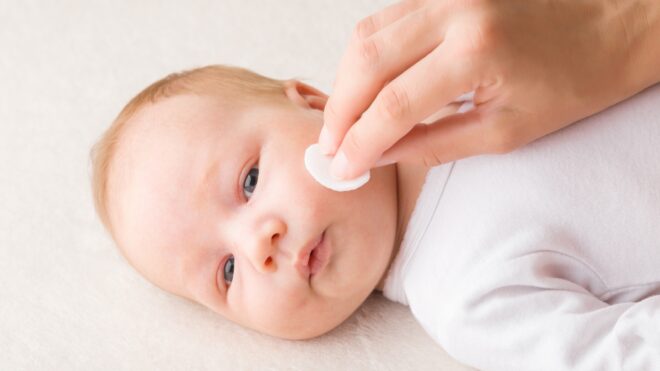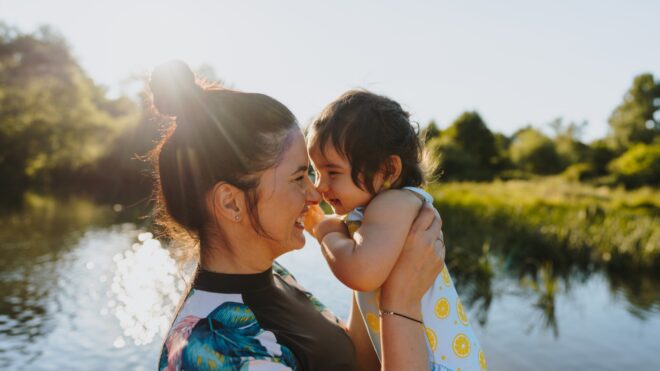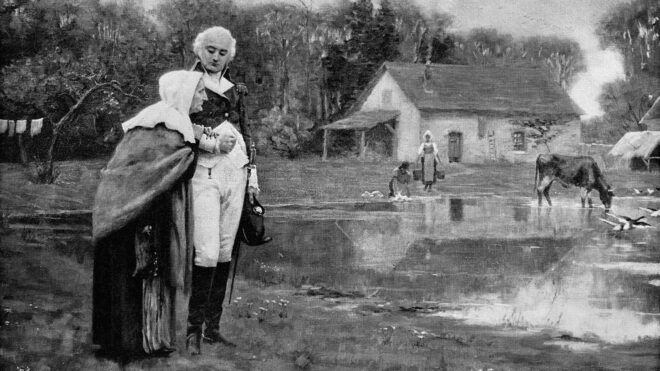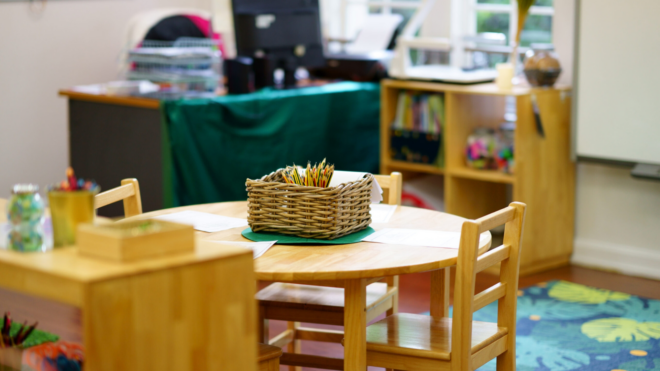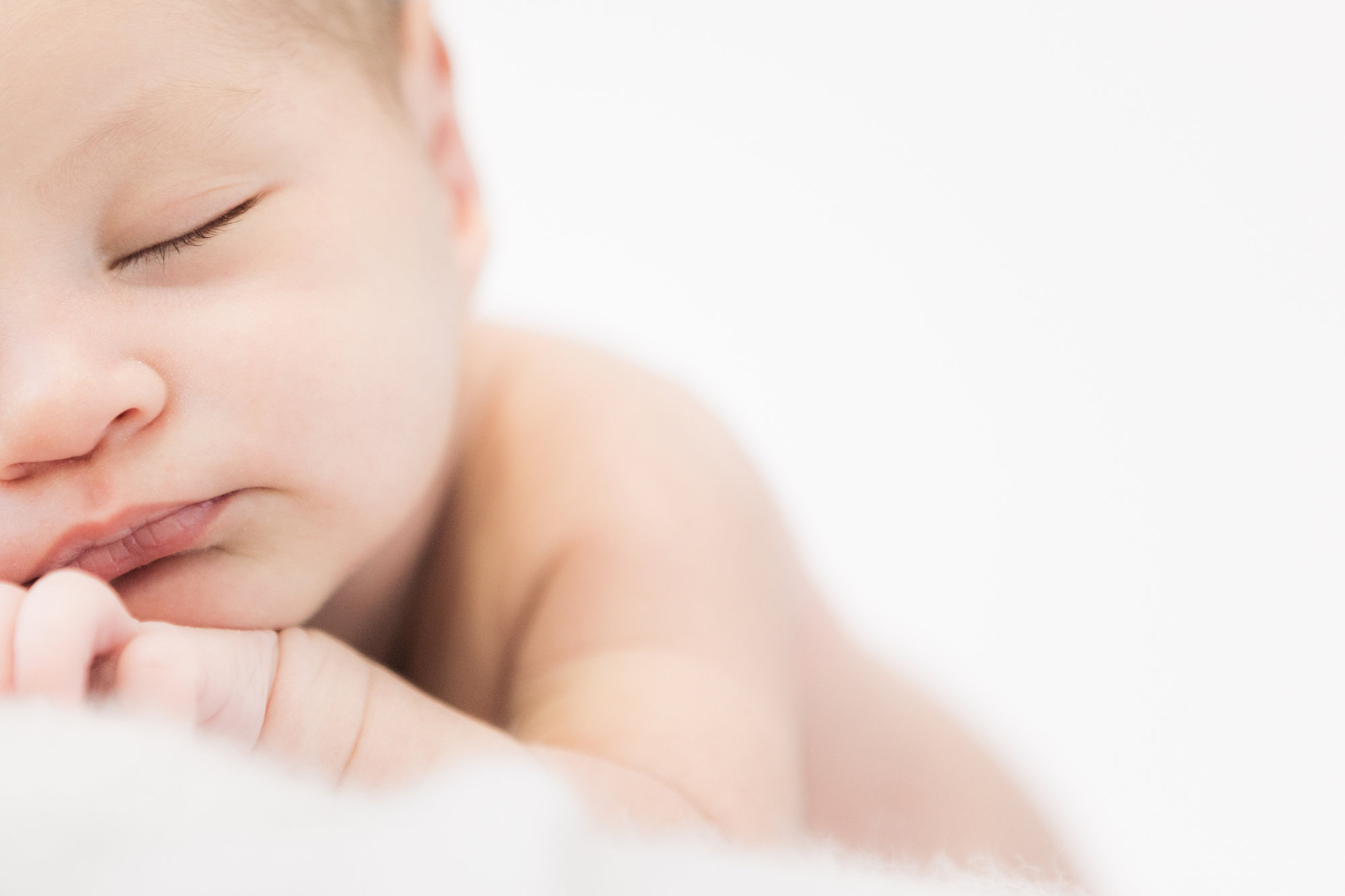
Adults always seem to look for ways to make their skin "baby soft," longing to go back to those early days of a cherub's epidermis. But, truth be told, even babies experience skin issues, namely eczema and acne. In fact, it's been reported that 1 in 5 children have eczema, though many typically grow out of it by the time they enter their teens. There isn't a cure for eczema, so as parents it's our responsibility to find the safest and most effective relief for our little ones. Babies who have eczema can have perpetually dry skin, but flareups can make the condition downright aggravating for these tots.
With the ingredients of topical treatments under more scrutiny than ever before, moms, dads, and caregivers are searching for the most natural remedies that actually work. And with good reason. The skin is our body's largest organ. What we apply to baby's skin can be absorbed into their bloodstream and have all sorts of consequences down the road. There's really no point in easing one unpleasant condition if there's the potential that the treatment will create another. At the same time, we want to provide effective comfort and care. Dry skin, rashes, acne, and other skin problems are no joke and can cause a great deal of discomfort for adults, let alone small children, which is why we're fortunate enough to live in a time when there's a great deal of emphasis placed on natural remedies, as long as the child's pediatrician agrees. If the baby is experiencing eczema or acne, here's where to start.
Sunflower Seed Oil
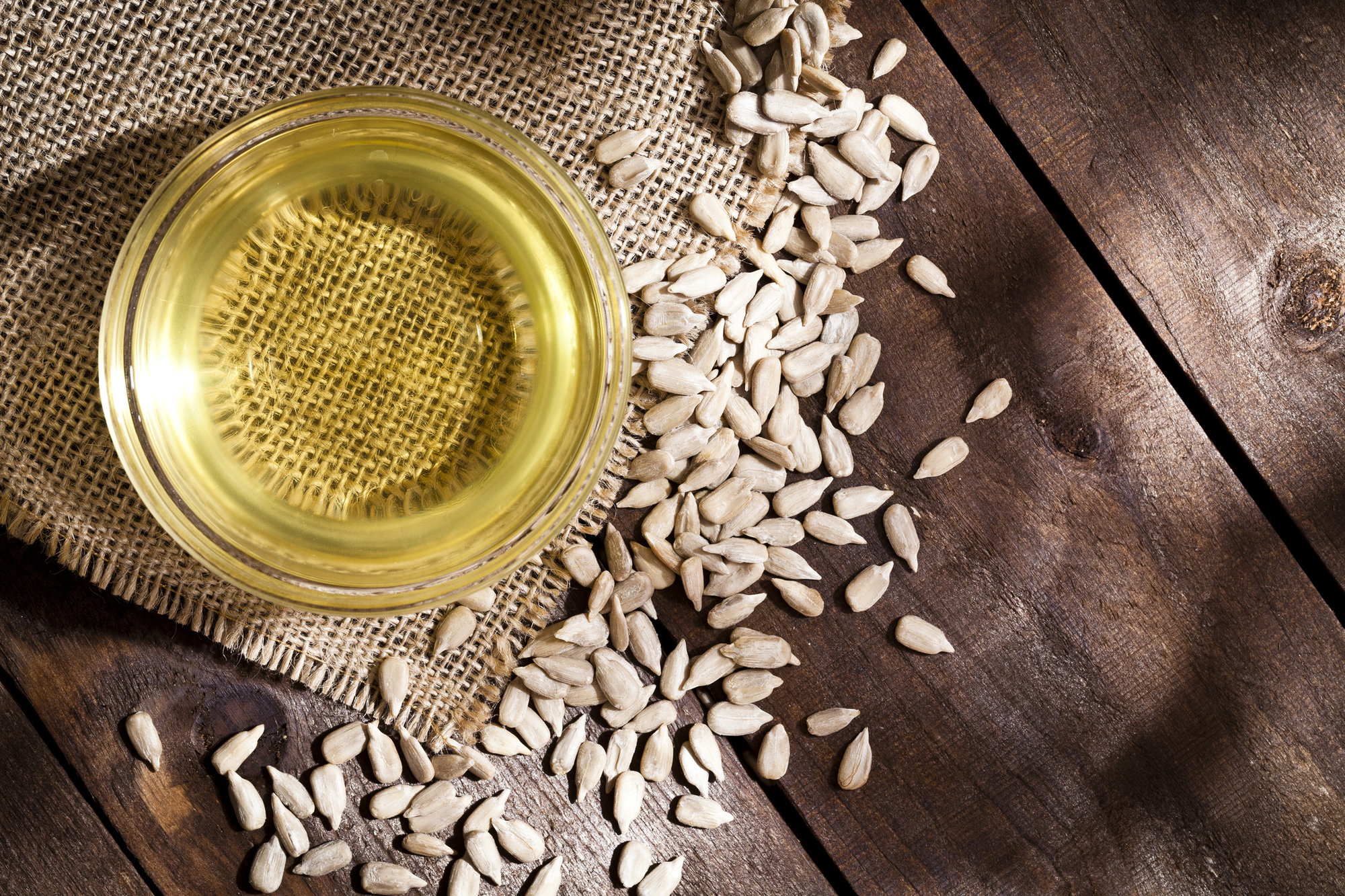
Sunflower seed oil may be something already in the pantry, which makes it a great place to start in terms of alternative forms of treatment for baby eczema. According to the National Eczema Association, studies have shown that sunflower seed oil has the potential to enhance skin-barrier function while also helping to heal the skin. This means that it would also help protect against a bacterial infection, which is something no parent wants their child to experience.
Coconut Oil
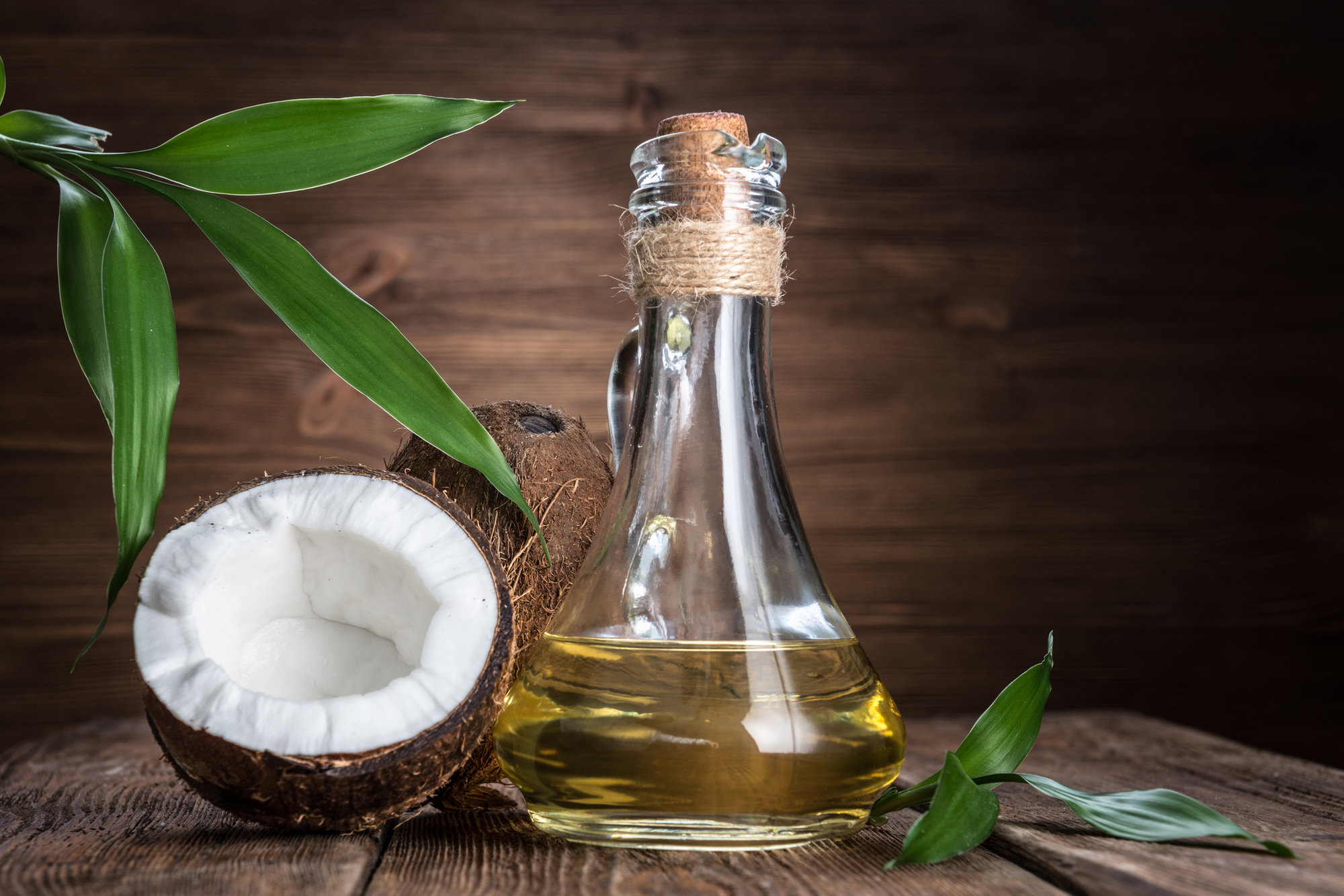
It should come as little surprise that coconut oil makes the list of eczema remedies. A quick online search will say this stuff is pure magic, and, hey, maybe it is. As long as your little one doesn't have a known coconut allergy, the National Eczema Association also cites this oil as an alternative to traditional topical steroids used to treat the condition.
Oatmeal Baths
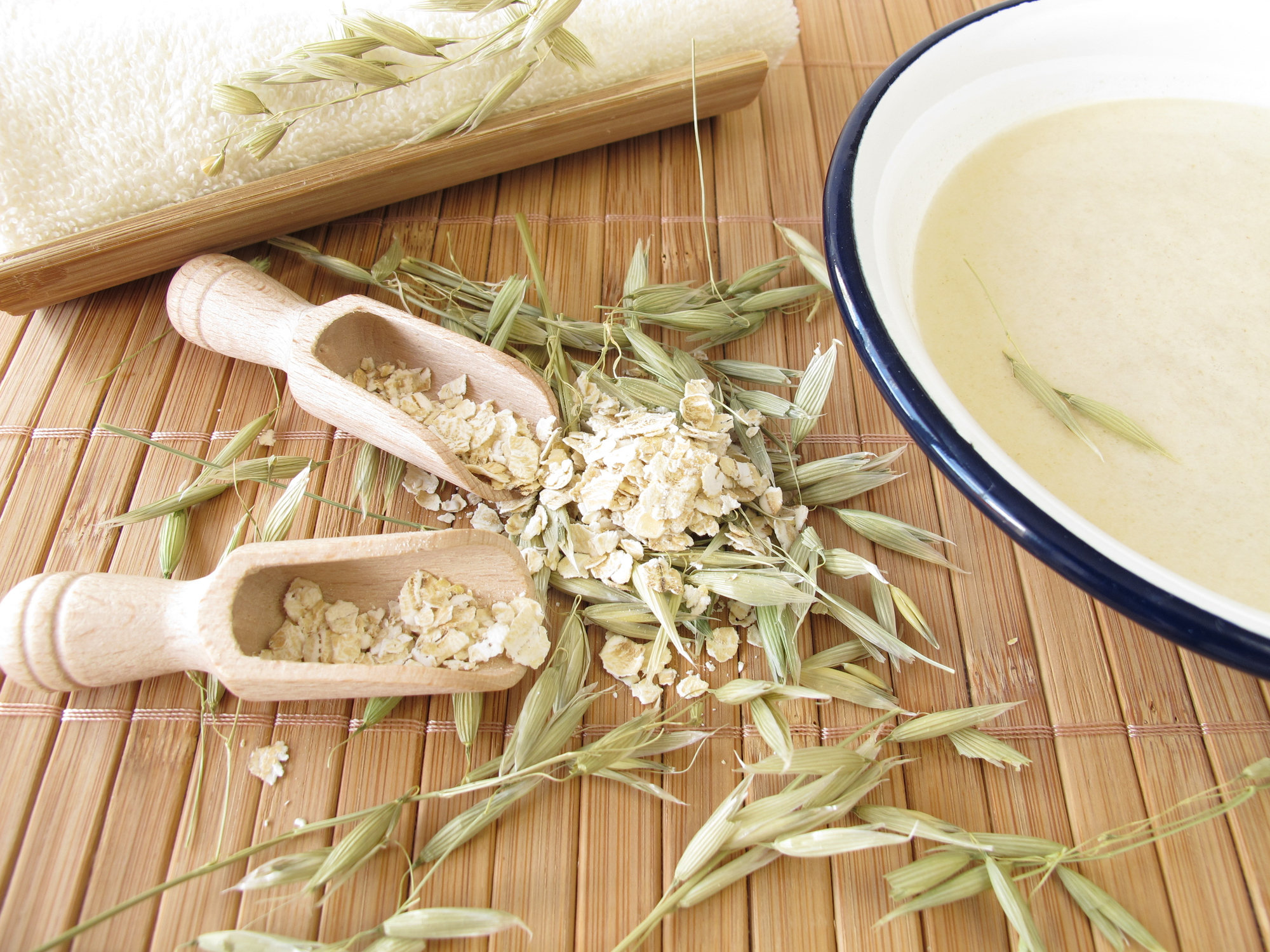
Oatmeal is an oft-forgotten helper in regards to soothing both our insides and our outsides, which is strange because colloidal oatmeal (that's the ground stuff) has been used to alleviate skin irritation since long before any of us were born. It is believed to balance the skin's pH levels and reduce inflammation at the same time. Fill a small mesh bag or sock with ground oats, then add it to the baby's bath water. The water will likely take on a milky appearance (that's a good thing). Try regular baths like this one for daily relief.
Vitamin B12

B12 has a lot of important functions, like helping to produce red blood cells, creating our DNA, and preventing one type of anemia. But research also suggests a topical version of the vitamin could be beneficial in treating kids with eczema. How? It lowers nitric oxide production, therefore relieving some of the symptoms.
Breast Milk
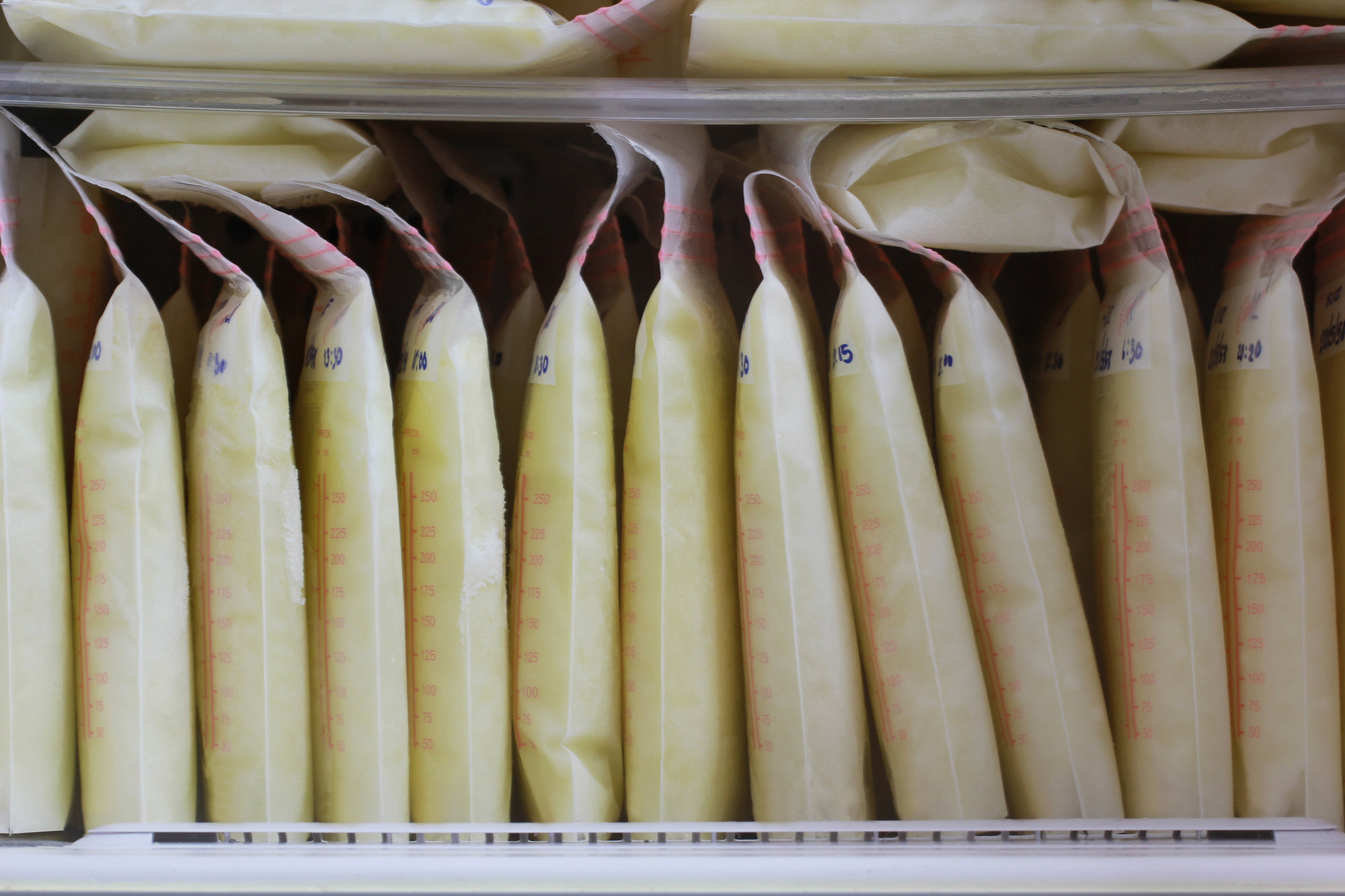
It isn't called liquid gold for nothing! While the jury is still out on how effective breast milk is on eczema, it's believed that because of the properties it possesses for fighting infections, it might also help with the skin condition. Medela, the breastfeeding gurus, suggest dripping some breast milk on a cotton ball and applying it to affected areas of the skin. Don't expect an immediate turn around, it might take this treatment on a regular basis to see any results.
Change in Diet
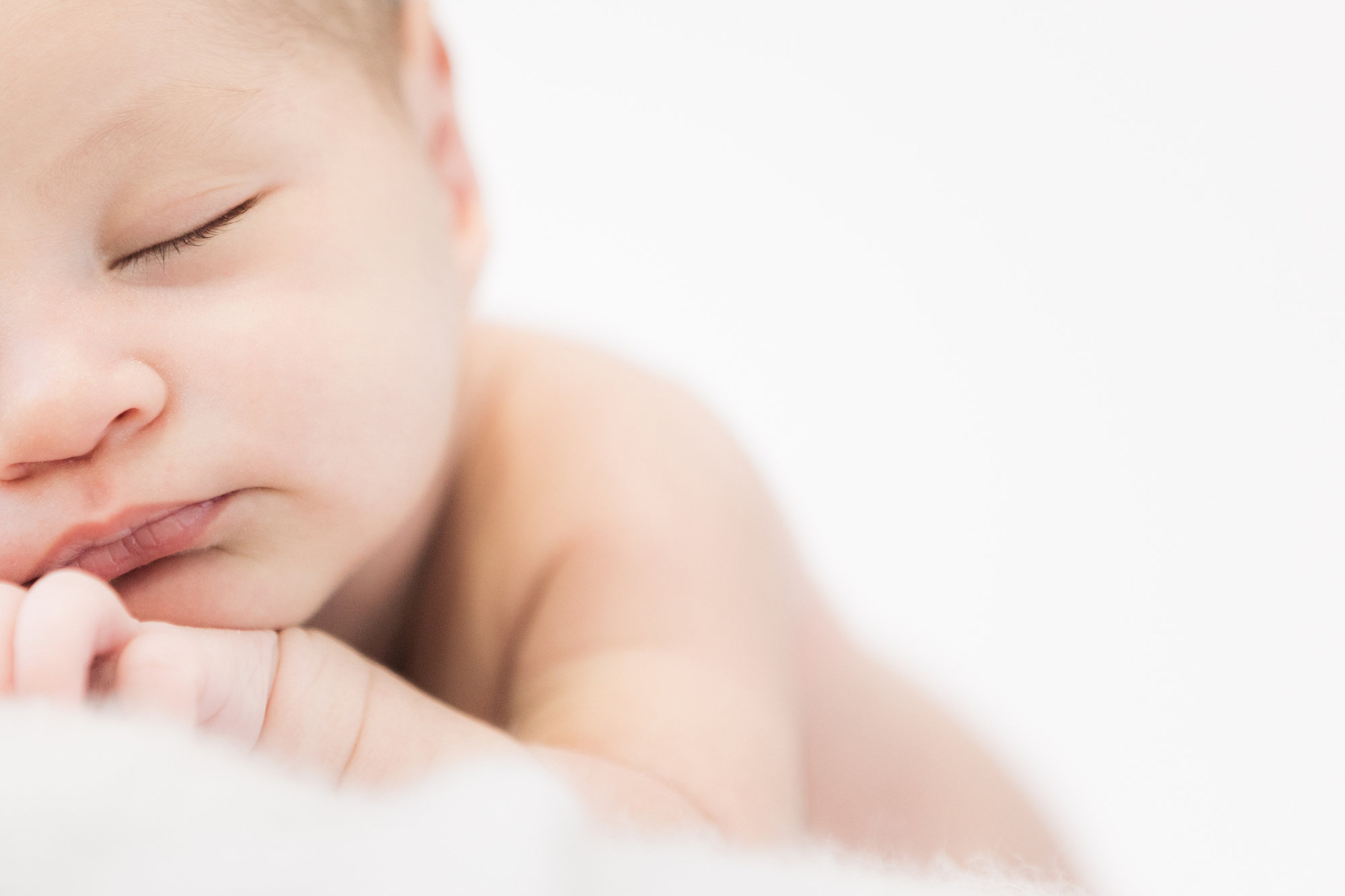
Something important to consider when treating eczema is to look at potential triggers that could cause flareups. It's possible there's a food that's bugging the little guy or gal. If the baby isn't eating solids yet and purely breastfeeding, keep a food journal of what mama eats to identify any foods that could be raising a red flag and try eliminating those to see if the condition begins to clear.
Magnesium
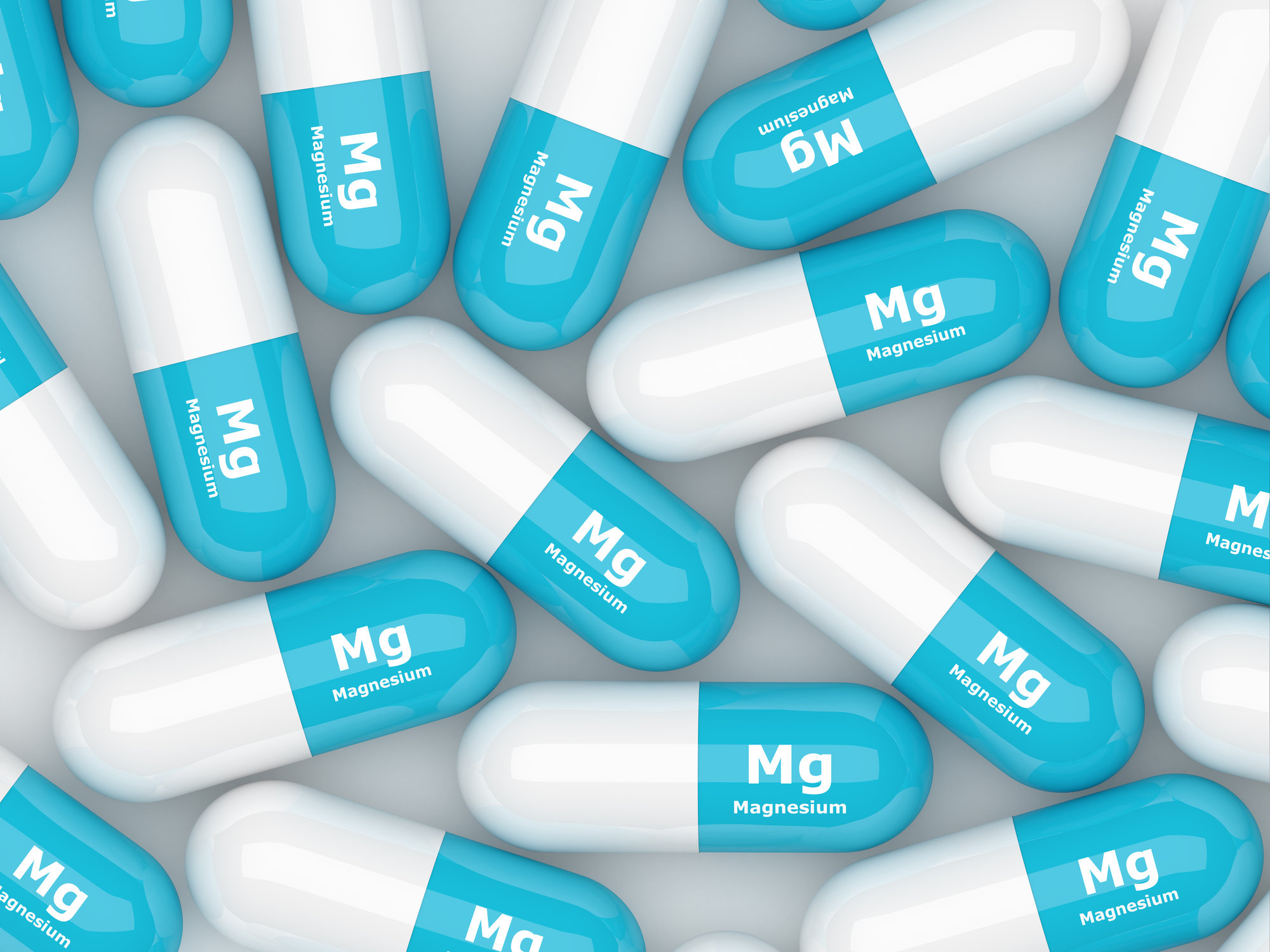
We've been hearing a lot about magnesium lately, and it's because it's kind of the trendiest supplement of the moment, but with excellent reason. It can help improve sleep, among other things. In the case of eczema, Mama Natural says a magnesium lotion can go a long way in terms of helping to soothe the skin condition in babies and kids.
Humidifier
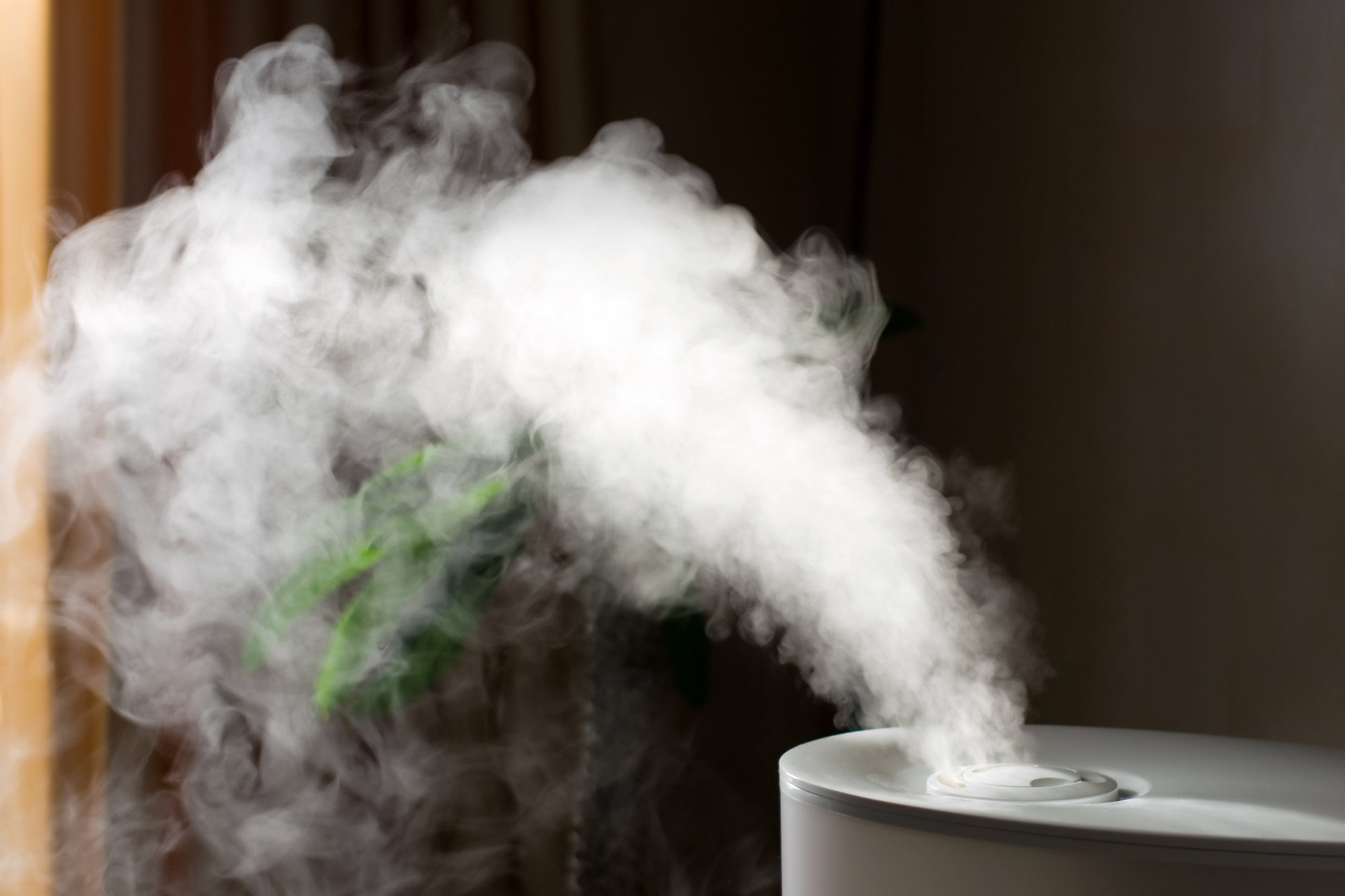
Again, there is no absolute cure for eczema, only soothing treatments to help relieve the irritation. One thing to try: Power up a humidifier in the nursery. Dry air doesn't do anything to help dry skin. Add some moisture to baby's room to (hopefully) provide a little bit of relief.
Calendula Oil
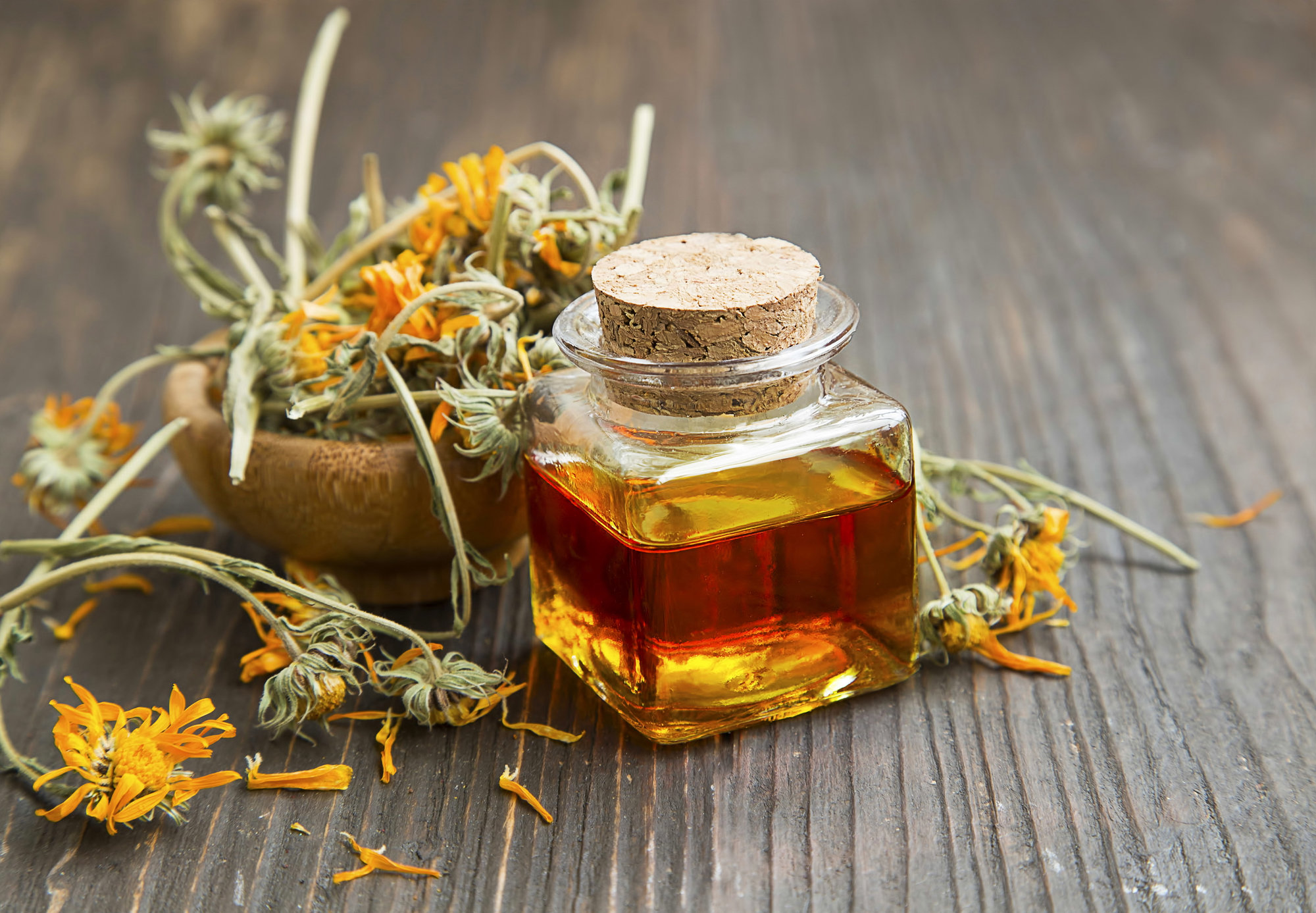
Derived from the marigold flower, calendula oil is known for antifungal, anti-inflammatory, and antibacterial properties — all of which lend themselves to soothing not only eczema, but baby acne and diaper rash as well. Again, the goal is to not only soothe but also prevent infection, so something with antibacterial features is certainly a win.
Skip the Bath
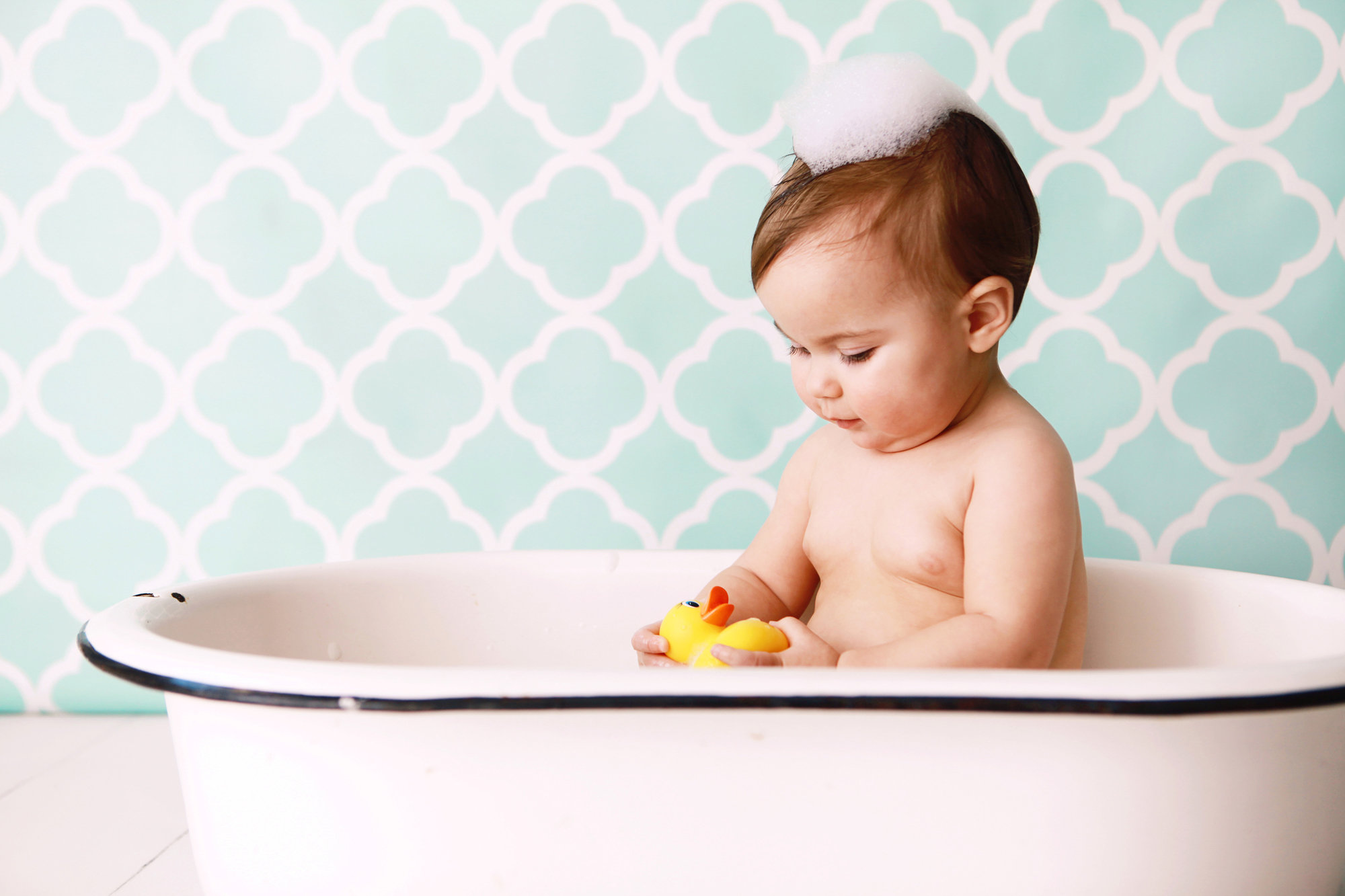
True, earlier we did suggest giving baby an oatmeal bath for eczema relief, and that's still a great option, but sometimes bathing baby less frequently helps to prevent skin from becoming too dry. Even the gentlest of soaps along with water can deplete the skin of hydration, triggering an eczema flareup.
Go Easy on Product

If the little one's skin is more prone to baby acne than something like eczema, a natural approach is to back off soaps and other bath products. While gut instinct may be to attack the issue head-on, baby acne typically clears up on its own and even gentle baby soaps could prove irritating.
Apple Cider Vinegar
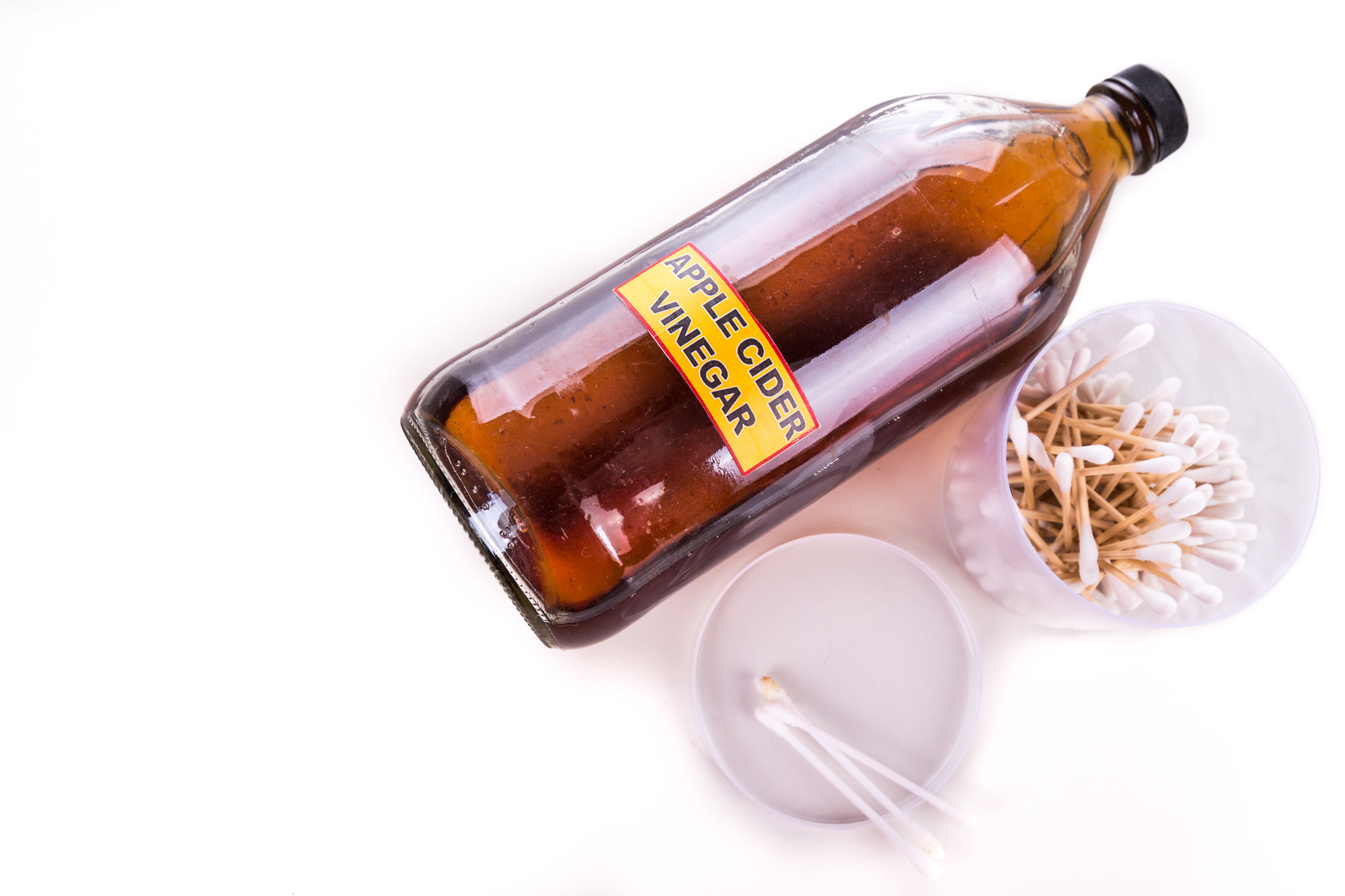
For a natural approach to baby acne, some parents have found success with applying apple cider vinegar. Mix up equal parts of apple cider vinegar and water, then apply to the affected area.
Witch Hazel

Diluted witch hazel is another natural alternative to help reduce inflammation of baby acne. Again, it's important to dilute the solution (consult with a pediatrician before using this method) and apply it only to the affected areas using a cotton ball.
About Face

Because baby acne usually clears up on its own and without scarring, sometimes it's best to just let it pass. However, the Mayo Clinic does recommend keeping baby's face clean using warm water and a natural, mild soap formulated for infants.
Don't Pick

Similar rules apply to baby acne as we learned as teens … do not pick at it. The more the acne is disturbed, the worse the scenario can get. In this instance, keep those hands and fingers off of baby's face. If the situation doesn't clear up, consult a pediatrician.
Organic Detergents
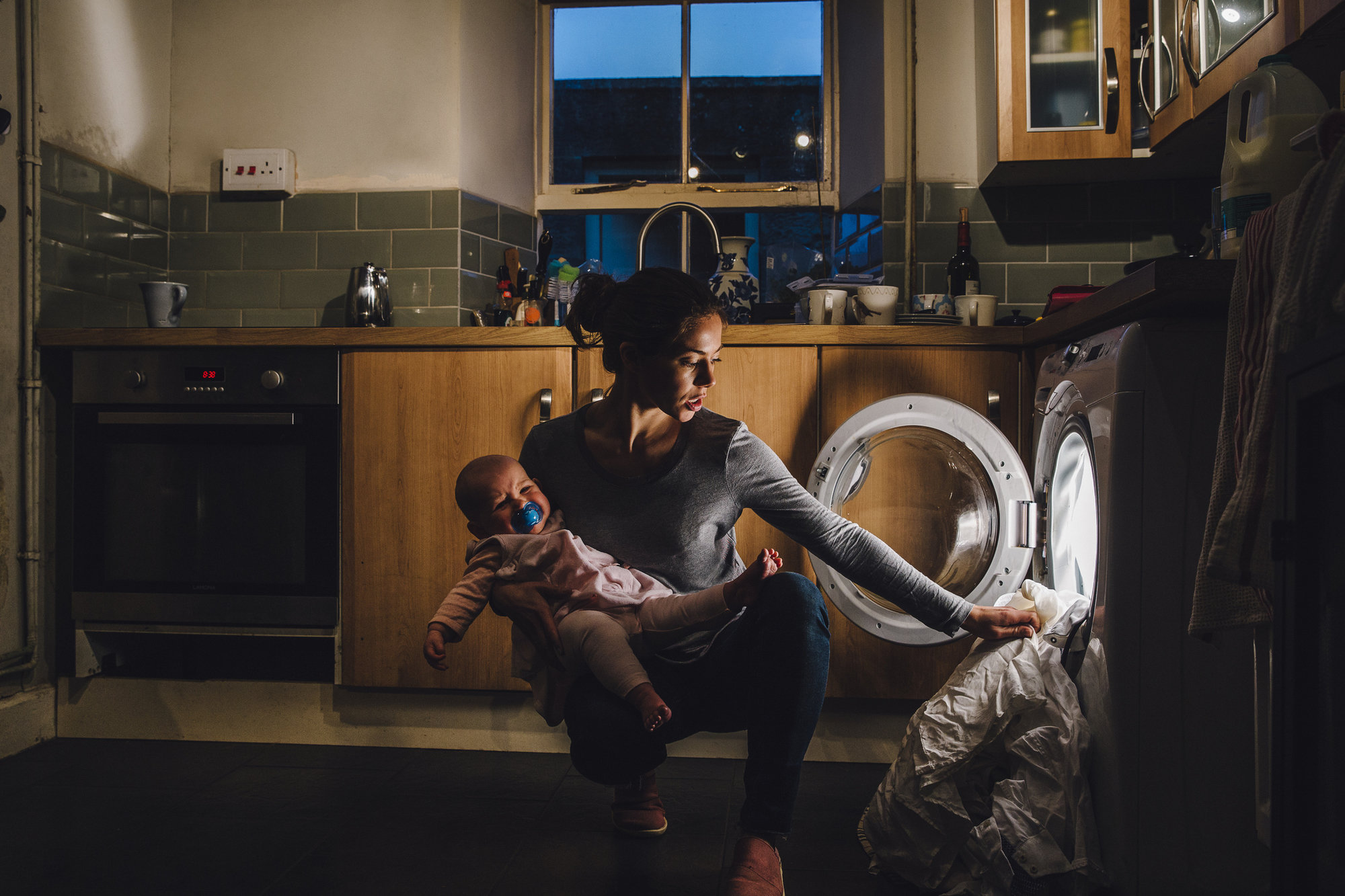
If it's a household laundry detergent irritating a baby's skin, whether that results in baby acne or eczema, try switching to an organic soap. Free of dyes and harsh chemicals, a gentler detergent could be just the ticket to helping soothe baby's skin.
Cornstarch
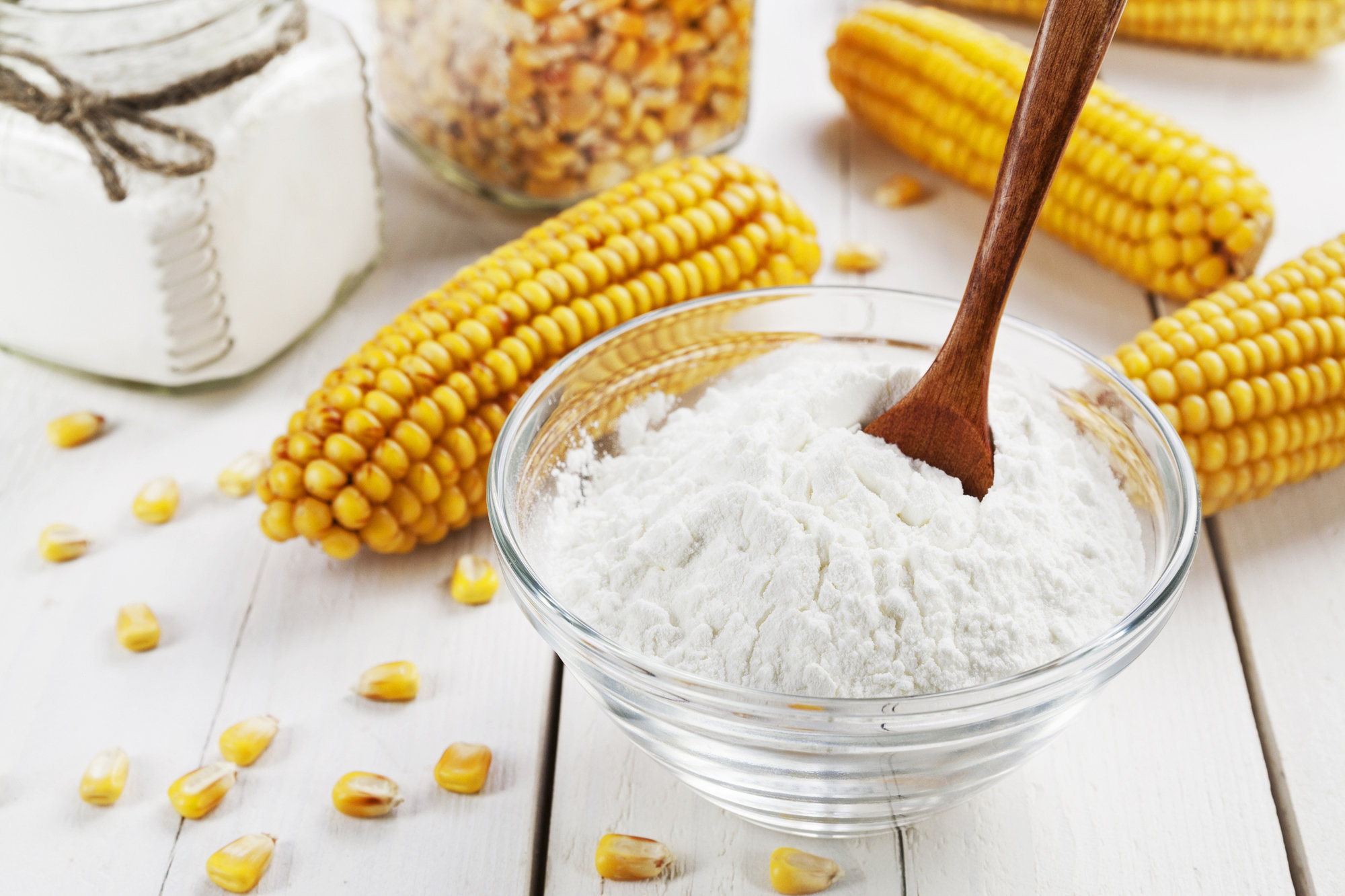
Some parents swear by a pasty mix of cornstarch and water applied to baby acne as a simple and effective home remedy. The combo is meant to dry up the spots, speeding up their disappearing act. However, if the child's acne might be related to dry skin, this is a technique to skip.
Keep It Cool

Sometimes simply being overheated can cause skin irritation. Avoid overdressing the kiddo and keep clothes light and airy (that is unless it's absolutely freezing at home or outside). Keeping the body cool will hopefully reduce inflammation of the skin.

